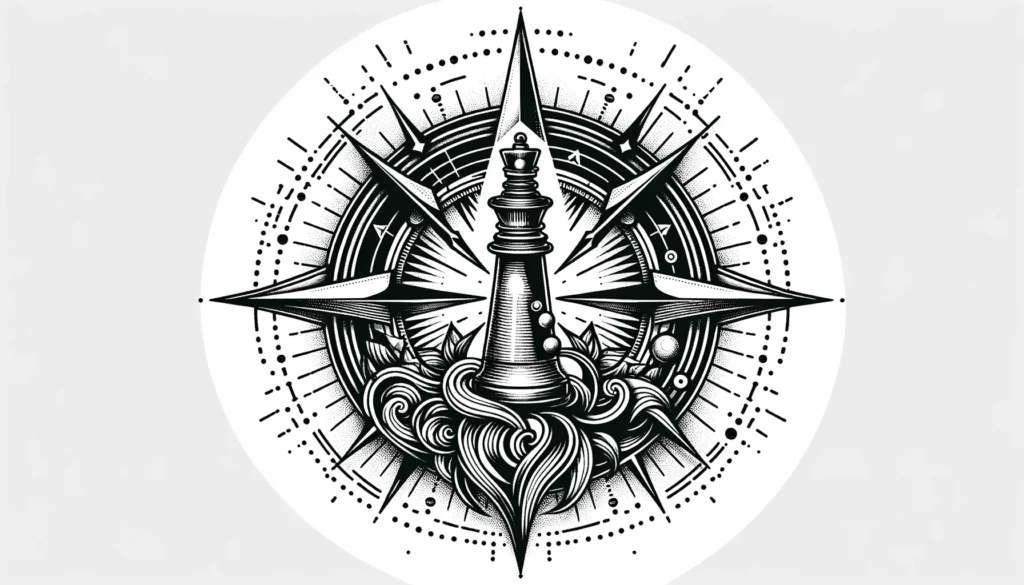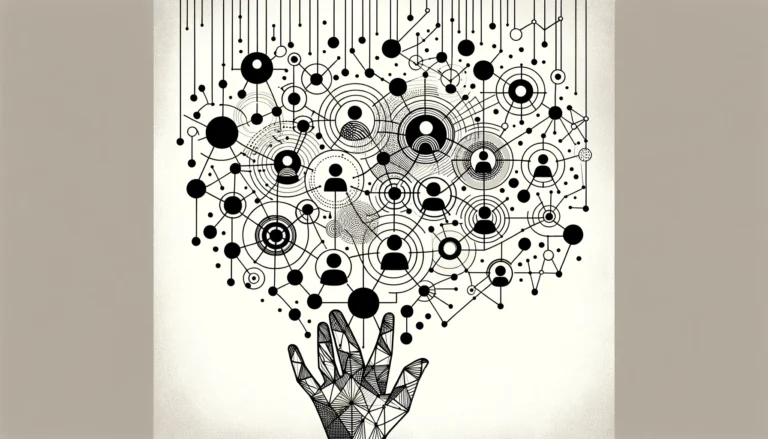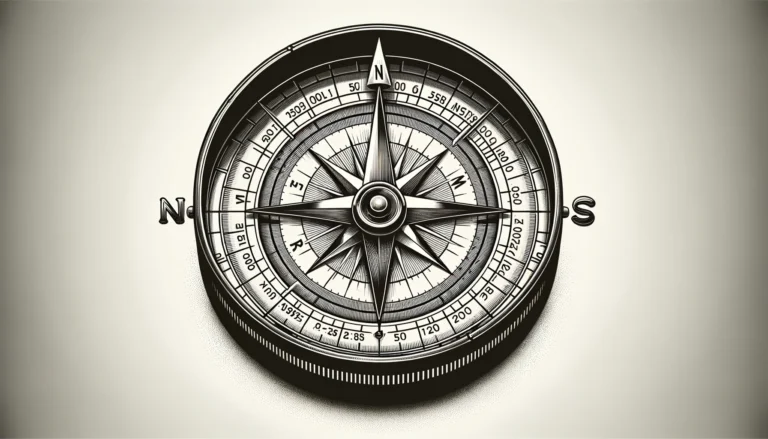
0
Aggregate score based on 0 reviews
About
Overview
Distributed leadership goes beyond the confines of traditional leadership roles, spreading leadership responsibilities across all levels of an organization or team. This approach recognizes the diverse skills and potential of all members, empowering them to take initiative, make decisions, and lead in their areas of expertise. By distributing leadership, organizations become more adaptable, innovative, and resilient.
Why It’s Important
- Enhances Flexibility and Responsiveness: Teams can respond more quickly to changes and challenges when leadership is distributed.
- Boosts Morale and Engagement: Members feel more valued and empowered, leading to higher engagement and job satisfaction.
- Encourages Innovation: A diverse set of leaders brings a variety of perspectives and ideas, fostering innovation.
- Builds Stronger Teams: Shared leadership responsibilities strengthen team dynamics and build trust among members.
Key Strategies
Identify Leadership Potential
- Recognize and cultivate the leadership potential within every team member, regardless of their official title or position.
Foster a Culture of Trust
- Build a culture where trust, transparency, and open communication are paramount, enabling team members to take on leadership roles confidently.
Provide Opportunities for Growth
- Offer training, mentorship, and opportunities for team members to develop their leadership skills and take on new responsibilities.
Encourage Autonomy and Accountability
- Empower team members to make decisions and take action in their areas of expertise, while also holding them accountable for outcomes.
Celebrate Collaborative Success
- Recognize and reward collective achievements, highlighting the contributions of various leaders within the team.
Quotes
- Rosalynn Carter, former First Lady of the United States, highlights the diversity of leadership:
- “A leader takes people where they want to go. A great leader takes people where they don’t necessarily want to go, but ought to be.”
- Tom Peters, a writer on business management practices, advocates for the distribution of leadership roles:
- “Leaders don’t create followers, they create more leaders.”
- Lao Tzu, an ancient Chinese philosopher and writer, known as the reputed author of the Tao Te Ching, provides a profound perspective on leadership:
- “A leader is best when people barely know he exists when his work is done, his aim fulfilled, they will say: we did it ourselves.”



